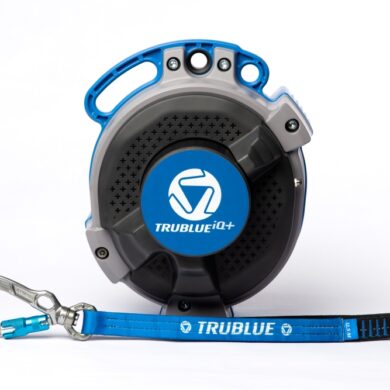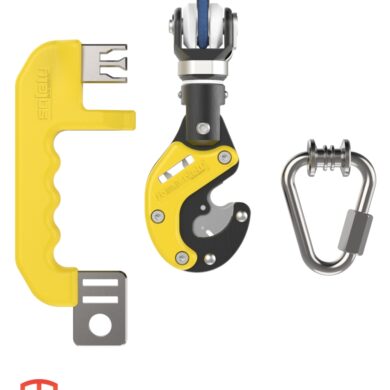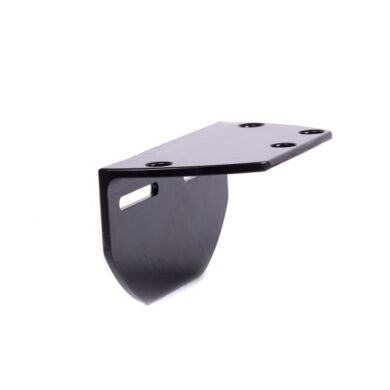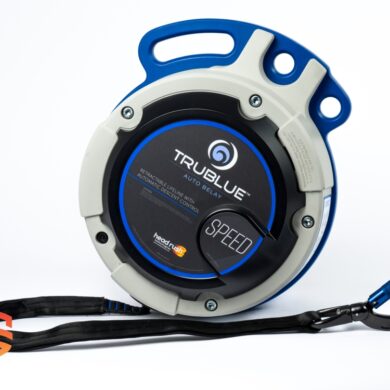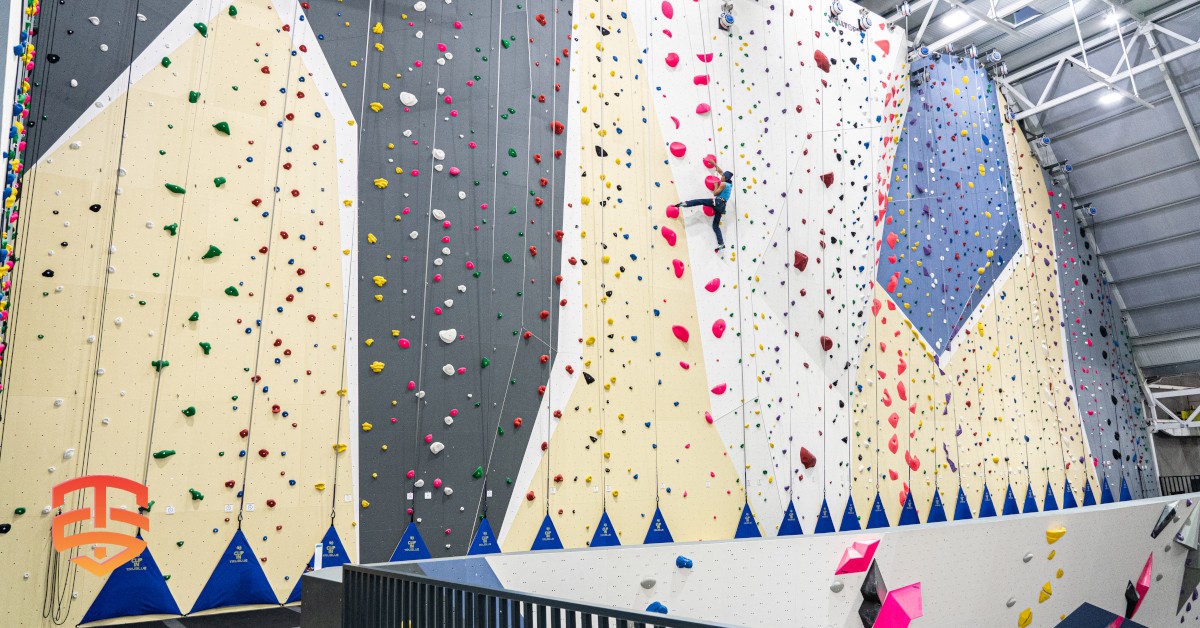
Developing an effective climbing gym pricing strategy requires more than just matching your competitors. This article breaks down the business concept of price elasticity of demand to help you understand how changing your prices for day passes or memberships can impact your revenue and customer base. We explore key factors that influence a climber’s decision, such as the income effect and the availability of substitute goods like other gyms or outdoor climbing. By understanding whether demand for your services is elastic or inelastic, you can make smarter financial decisions, forecast sales more accurately, and find the pricing sweet spot that attracts new clients and drives sustainable growth.
Demand Elasticity in Price
Understanding demand elasticity can help you set pricing to maximize revenue and improve sales forecasting by allowing you to see how a price change affects sales. The term “elasticity of demand” refers to how much the price of a product or service influences demand for that product or service. Understanding demand elasticity can aid in the pricing of day passes and memberships to maximize income. The term “inelastic demand” refers to a situation in which price has little or no impact on how much you sell. Gasoline is a non-elastic material. Even when gas rates were over $4.00 a gallon, people continued to fill up their tanks. They were willing to pay a high amount for gasoline because they required it to get where they wanted to go. A significant change in gasoline prices resulted in a minor change in the quantity requested. Inelastic goods are the polar opposite of elastic goods. The price of an elastic good has a significant impact on demand. Oranges are a versatile fruit. It’s extremely easy for me to travel to another farmer and buy their oranges instead if one farmer decides to raise the price of his oranges unreasonably. I might even decide to buy an apple instead of an orange. It’s incredibly rare for a product or service to be perfectly elastic or inelastic at the same time. In the vast majority of cases, commodities and services fall somewhere in between these two extremes.
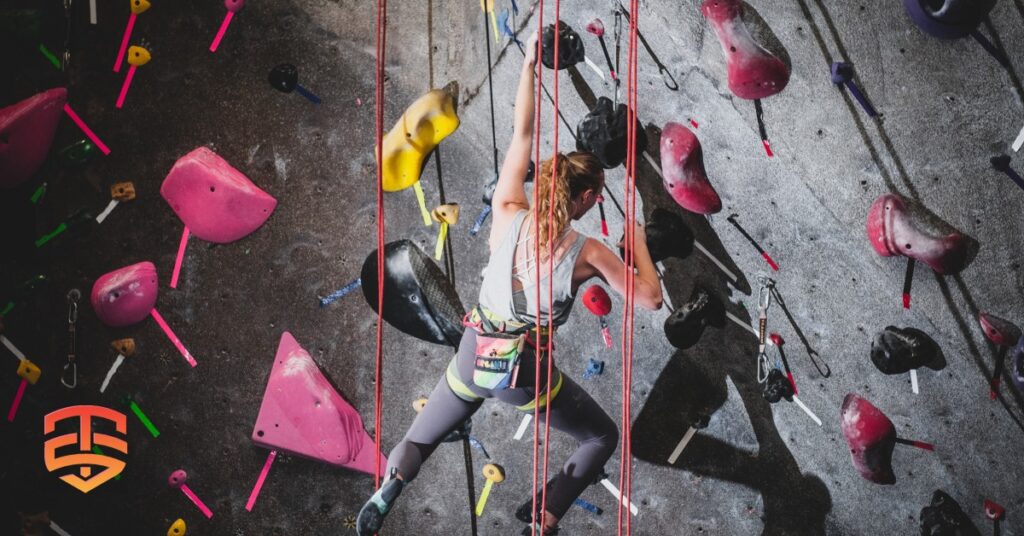
The demand for climbing gyms is cyclical. People will cancel their gym subscriptions to save money if an economic downturn occurs. People will choose the cheaper choice if there are two climbing gyms in a given location that are almost equal except for pricing. When experienced climbers can replace outdoor climbing for gym climbing in the summer, many cancel their gym subscriptions. These examples show how money and alternative goods are the two most important determinants of flexibility. Due to a shift in purchasing power, the income effect influences demand elasticity. Whether the good is a normal or an inferior good determines the direction of the income effect. Ramen noodles are an example of a substandard product. The quantity requested of a substandard commodity and income have a negative relationship. If your salary rises, you’ll be able to buy less Ramen since you’ll be able to afford better noodles. Income and normal goods have a positive relationship. The more money you have, the more of that particular thing you will purchase. Climbing gyms are commonplace. Some folks can only go to the gym once or twice a month due to financial constraints. If their salary rises, they will go to the gym more frequently and may even purchase a membership. In the same way that climbing gyms are a common good, auto belays are. If a gym’s net income rises, it will have more money to invest in auto belays and, as a result, purchase more auto belays. If a climbing gym’s net income drops, they’ll have less money to spend on auto belays, and their gym will have fewer auto belays.
The availability of substitute goods and services has a significant impact on demand elasticity. A substitute good is a product that is similar to or identical to another. A competitive climbing gym across town, or a different sport like skiing or mountain biking, might be used as an alternative for a climbing gym. A perfect substitute is a product that entirely satisfies the customer by offering the same features and benefits as the original. It’s difficult to find perfect alternatives. Although economists may believe Pepsi and Coke to be perfect substitutes, consumers may disagree due to brand loyalty.
-
Product on sale
 TRUBLUE iQ+ Auto Belay | Catch-and-Hold Projecting TechnologyPrice range: € 4.465,00 through € 5.157,00 Ex VAT
TRUBLUE iQ+ Auto Belay | Catch-and-Hold Projecting TechnologyPrice range: € 4.465,00 through € 5.157,00 Ex VAT -
 TRUBLUE Self Belay Option€ 548,00 Ex VAT
TRUBLUE Self Belay Option€ 548,00 Ex VAT -
 TRU-Mount | Auto Belay mounting system€ 150,00 Ex VAT
TRU-Mount | Auto Belay mounting system€ 150,00 Ex VAT
Friction braking auto belays and eddy current magnetic braking auto belays may appear to be perfect substitutes to an uneducated consumer. They both make it possible for climbers to safely exit a route. They’re both modular and can be moved around depending on the gym owner’s preferences. They’re around the same price. Eddy current magnetic braking auto belays and friction braking auto belays are both imperfect replacements. Friction braking makes use of sacrificial elements that wear down over time. Because they take advantage of a phenomena known as electromagnetic induction, eddy current magnetic braking auto belays do not have any sacrificial parts in their braking core. Click on the previous link to discover more about the science behind this. In a nutshell, you can achieve frictionless braking by using magnets and non-magnetic metals to create opposing forces that can be used to halt a climber’s descent. Auto belays with eddy current magnetic brakes have the added feature of being self-regulating. This means that a 300-pound football player will descend at the same rate as a 35-pound youngster. The 300-pound football player will drop much faster than the toddler with friction-based auto belays. This is analogous to how a semi-braking truck’s distance is substantially greater than that of a Toyota Prius. As you can see, factors like brand loyalty and product awareness can influence whether a product is considered a perfect or imperfect equivalent.
It’s less crucial to distinguish between perfect and imperfect substitutes than it is to figure out how many valid substitute items or services exist in your business. How you establish prices should be influenced by the number of substitute goods accessible. If there are no alternatives, you have a monopoly and may charge whatever you want. This is highly uncommon, particularly in the adventure tourism market. There are a variety of different leisure activities that consumers can substitute for climbing if there are no outdoor crags or climbing gyms in their location. Thankfully, this eliminates the need for a detailed discussion of how demand elasticity pertains to monopolies. (If you’re interested in learning more, there’s a wealth of information on the internet.) There are most certainly several viable climbing gym alternatives. A high number of replacement goods indicates that a good’s demand is highly elastic. In this circumstance, economics teaches us that raising the price will result in a significant decrease in the quantity demanded. The number of clients you get will decrease if you raise the price of your day passes and memberships. Let’s dig a little deeper into this.
If you’re thinking about raising your pricing because there are more people who want to climb in your gym than your gym can accommodate, start by raising your prices significantly. Your market may only be able to handle a small growth. If you raise your pricing too much, you may see a decline in revenue. Sure, you’re making more money per customer, but the vast number of consumers who now go to the gym across the street wasn’t worth it. It’s also possible that the contrary is true. If your gym is having trouble drawing people in, you might be able to get away with setting your costs just slightly cheaper than your competitors. If your prices are too cheap, you could have a million consumers yet still go bankrupt if your revenue isn’t enough to meet your expenses.
Conclusion
These scenarios presume that the price gap between you and your competitors is the only thing that separates you from them. Of course, there are a slew of other factors that will influence your market share. Customers’ perceptions of your gym’s quality may be the most crucial aspect determining your success. Because no two climbing gyms are alike, demand for climbing gyms is not totally elastic. The majority of consumers are willing to spend more for a better gym membership. What do climbers think is the better option? What is the maximum amount they are willing to pay? Everything is determined by the perceived worth. That is why it is critical to have a thorough understanding of who your target market is and what they value. Are you giving your customers what they want? Are you able to outperform your competitors?
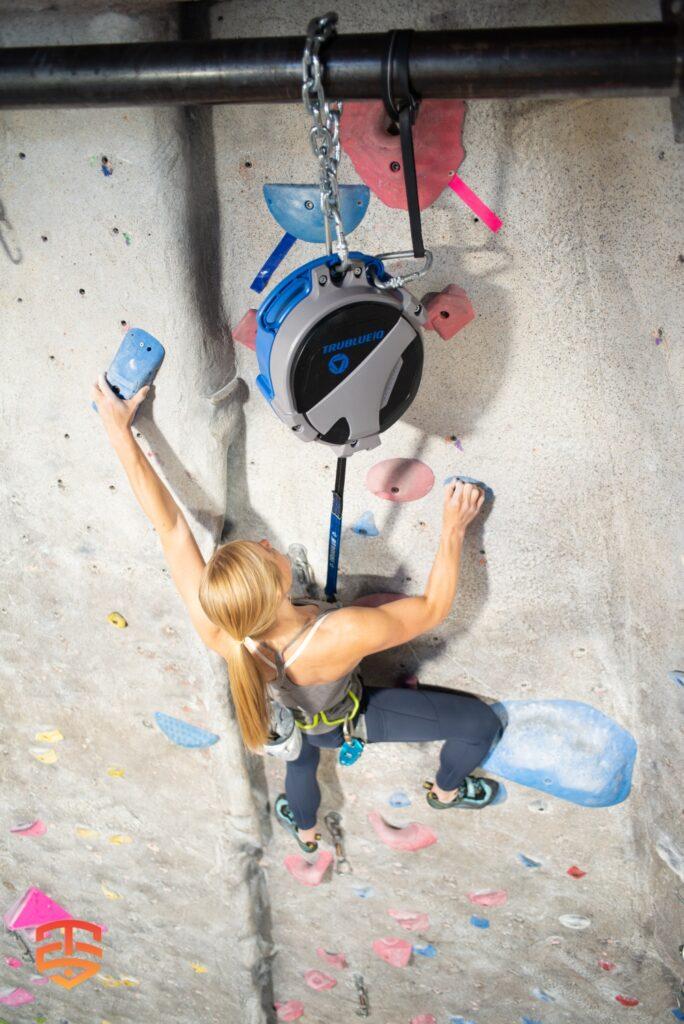
Vertical Auto Belay systems
Grow your climbing community by providing more access to more routes for more climbers.
Auto Belay makes climbing simple and approachable, turning first-time users into return customers. TRUBLUE Auto Belays are engineered to minimize maintenance and are built to last. Our patented magnetic braking system, delivers the smoothest user experience, the highest level of reliability, and dramatically reduces device downtime.
Dive Deeper: Exploring Auto Belay Technology with Expert Insights
Auto belays are transforming the world of indoor climbing, offering convenience and safety for climbers of all levels. But how exactly do they work, and what are the key considerations for using them? To learn more about the intricacies of auto belay technology and gain valuable insights from experts in the field, check out our additional resources below…
- Comparison of Auto Belay’s: what’s new in the TRUBLUE iQ series
- Using Technology to Make Your Climbing Gym Accessible and Inclusive
- A Closer Look at the Auto Belay System
- Next Generation Auto Belay – TRUBLUE iQ
- Every modern climbing gym should have these 5 features
- Everything You Need to Know about Buying Auto Belays
- Increase Revenue and Customer Satisfaction at Family Entertainment Centers
- Catch-and-Hold: What is it and how does it work?
- Leading the Way in profitable and safe climbing
- Why Family Entertainment Centers Trust TRUBLUE Auto Belays
- Creating Value for Customers by Using an Auto Belay
- TRUBLUE iQ+ World’s first catch-and-hold auto belay
- Drive Revenue and Customer Satisfaction with Auto Belays
- 7 Ways Magnetic Braking Is Better Than Friction
- No Belayer Necessary: Understanding Auto belays
- Competitive Advantage of an Auto Belay
- ROI at Climbing Walls and Family Entertainment Centers
- Auto-Belay and hands-free climbing challenges
- Why using Auto Belays Boosts your Business
- The Science of Eddy Current Magnetic Braking
-
Product on sale
 TRUBLUE iQ+ Auto Belay | Catch-and-Hold Projecting TechnologyPrice range: € 4.465,00 through € 5.157,00 Ex VAT
TRUBLUE iQ+ Auto Belay | Catch-and-Hold Projecting TechnologyPrice range: € 4.465,00 through € 5.157,00 Ex VAT -
Product on sale
 TRUBLUE Speed Auto Belay | Competition-Grade Speed Climbing SystemPrice range: € 2.845,00 through € 3.360,00 Ex VAT
TRUBLUE Speed Auto Belay | Competition-Grade Speed Climbing SystemPrice range: € 2.845,00 through € 3.360,00 Ex VAT -
Product on sale
 TRUBLUE iQ Auto Belay | Intelligent Magnetic Descent SystemPrice range: € 2.845,00 through € 3.465,00 Ex VAT
TRUBLUE iQ Auto Belay | Intelligent Magnetic Descent SystemPrice range: € 2.845,00 through € 3.465,00 Ex VAT

